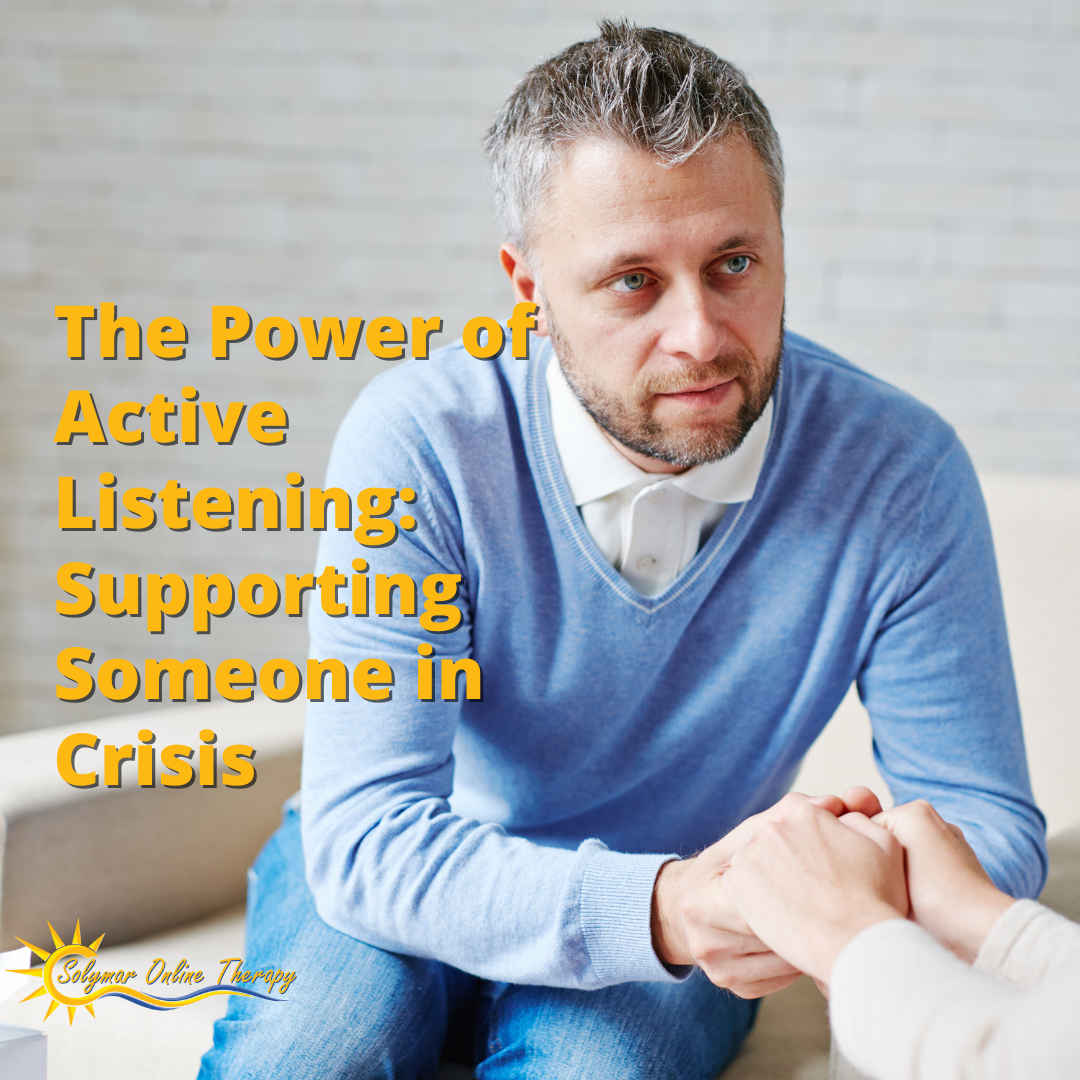
Introduction
In a world that often seems obsessed with the pursuit of perfection, it's not surprising that many individuals grapple with the pressures of perfectionism. The desire to be flawless in every aspect of life, from appearance and career success to personal relationships, can lead to a multitude of mental health challenges. This article explores the perfectionism trap and how embracing imperfection can lead to better self-esteem and improved mental well-being.
Understanding Perfectionism
Perfectionism is a pervasive and often detrimental personality trait that can manifest in various forms. At its core, it's the unrealistic pursuit of flawlessness and setting exceedingly high standards for oneself. People who struggle with perfectionism tend to experience the following characteristics:
- Rigid Standards: Perfectionists often set impossibly high standards for themselves. These standards may relate to their work, appearance, relationships, or other aspects of life. They expect nothing less than perfection and are often dissatisfied with anything less.
- All-or-Nothing Thinking: Perfectionists tend to think in black-and-white terms. They believe that something is either perfect or a failure. This binary thinking can lead to a constant sense of failure.
- Fear of Failure and Rejection: Perfectionists often fear making mistakes or failing at tasks. They equate mistakes with personal failure and are terrified of being judged negatively by others.
- Chronic Self-Criticism: Perfectionists are their harshest critics. They constantly evaluate themselves and often find themselves lacking. This self-criticism can be demoralizing and damaging to self-esteem.
The Perfectionism Trap
Perfectionism, despite its name, is far from perfect. It can create a vicious cycle that undermines self-esteem and mental health. Here's how the perfectionism trap works:
- Setting Unattainable Standards: Perfectionists set standards that are incredibly difficult to meet. Whether it's achieving a perfect body, an impeccable career record, or perfect personal relationships, these ideals are often unattainable in reality.
- Constant Self-Criticism: When perfectionists inevitably fall short of their unrealistic standards, they engage in relentless self-criticism. This self-flagellation can lead to chronic stress, anxiety, and even depression.
- Avoidance of Challenges: Fearing the possibility of failure, perfectionists may avoid new challenges or opportunities. This fear of failure can hinder personal and professional growth.
- Relationship Strain: Perfectionism can also negatively impact relationships. The perpetual need for perfection can make it difficult to form authentic connections, as people fear judgment and rejection.
Embracing Imperfection
It's essential to recognize that nobody is perfect. Perfection is an unattainable and unrealistic ideal. Embracing imperfection is the key to breaking free from the perfectionism trap and improving self-esteem. Here are some strategies to help individuals transition from a perfectionistic mindset to one that fosters self-acceptance and self-esteem:
- Challenge Negative Self-Talk: Perfectionists tend to engage in a lot of negative self-talk. It's crucial to become aware of these inner criticisms and actively challenge them. Replace self-criticism with self-compassion.
- Reframe Mistakes as Opportunities: Instead of viewing mistakes as failures, see them as opportunities for growth and learning. Everyone makes mistakes; it's how we learn and improve.
- Set Realistic Goals: Rather than aiming for perfection, set achievable, realistic goals. Break down larger objectives into smaller, manageable tasks.
- Practice Self-Compassion: Treat yourself with the same kindness and understanding you would offer a friend. Be gentle with yourself, especially during challenging times.
- Focus on Effort, Not Outcome: Shift your focus from the end result to the effort you put in. Celebrate the progress you make, even if it falls short of perfection.
- Mindfulness and Acceptance: Mindfulness practices can help individuals become more accepting of their imperfections. Embracing the present moment, with all its flaws, can lead to greater self-acceptance.
- Seek Support: It can be incredibly beneficial to seek the support of a therapist or counselor who specializes in perfectionism and self-esteem issues. Professional guidance can provide valuable tools and strategies for change.
The Benefits of Embracing Imperfection
Embracing imperfection can lead to several positive outcomes, including:
- Reduced Stress: By letting go of the need for perfection, individuals can reduce their stress levels and experience greater overall well-being.
- Improved Mental Health: Embracing imperfection can lead to a reduction in anxiety, depression, and other mental health issues associated with perfectionism.
- Enhanced Self-Esteem: Accepting imperfection and focusing on self-compassion can boost self-esteem and self-worth.
- Increased Resilience: Those who embrace imperfection tend to be more resilient in the face of setbacks and challenges. They see these experiences as opportunities for growth.
- Better Relationships: Letting go of perfectionism can lead to more authentic and fulfilling personal relationships, as individuals become more accepting of themselves and others.
Case Study: The Transformation from Perfectionism to Self-Acceptance
To illustrate the real-life benefits of embracing imperfection, let's consider the case of Sarah, a 32-year-old professional who struggled with perfectionism for years. Sarah's perfectionism had led to chronic stress and a persistent sense of inadequacy, both in her career and personal life.
Recognizing the detrimental impact of her perfectionism, Sarah decided to take a different approach. She began practicing mindfulness, reframing her self-talk, and setting more achievable goals. Over time, her self-esteem improved, and she found herself less burdened by the need for perfection.
In her career, Sarah learned to accept that mistakes were part of the learning process, not a reflection of her worth. This shift in mindset allowed her to take on new challenges and responsibilities without the fear of failure.
In her personal life, Sarah's newfound self-acceptance made her more open and vulnerable in her relationships. She was able to connect with others on a deeper level and build stronger, more meaningful connections.
Embracing imperfection transformed Sarah's life, leading to reduced stress, improved self-esteem, and enhanced well-being.
Conclusion
Perfectionism can be a crippling and counterproductive trait that undermines self-esteem and mental health. Embracing imperfection is the antidote to the perfectionism trap. By letting go of unrealistic standards, practicing self-compassion, and focusing on growth and effort, individuals can experience reduced stress, improved mental health, and enhanced self-esteem. It's time to break free from the shackles of perfectionism and embrace the beauty of imperfection. In doing so, we can foster greater well-being and lead more fulfilling lives.
Hashtags: #Perfectionism #SelfEsteem #Imperfection #MentalHealth #SelfCompassion #PersonalGrowth #Mindfulness #SelfAcceptance #WellBeing #Resilience #SelfWorth



 Introduction
Introduction Introduction
Introduction Introduction
Introduction Introduction
Introduction




